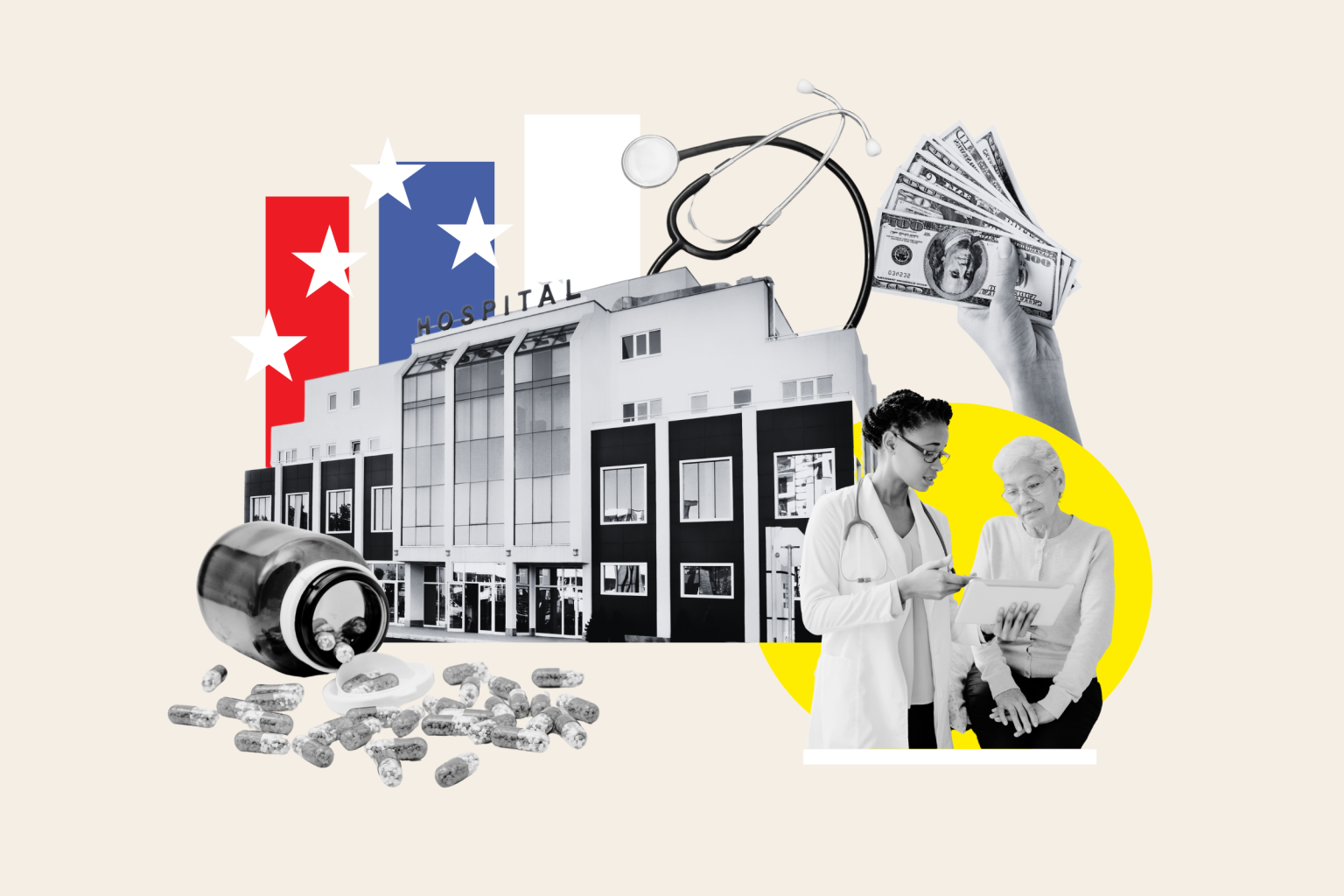Summarize this content to 2000 words in 6 paragraphs Americans share health care executives’ concerns for access and affordability, according to new research from Gallup.The analytics and advisory company shared a sneak peek of its report, “Public Health Priorities and the Pathway Forward,” with Newsweek. Along with Emory University’s Rollins School of Public Health, Gallup surveyed more than 2,100 U.S. adults from December 2 to December 15, 2024.Participants were given a list of 15 public health priorities and asked to rank those they considered most important for government leaders to address.One in four respondents ranked improving health care access and affordability as their highest priority, and 52 percent placed it in their top three.Respondents also prioritized ensuring safe water and food (37 percent ranked this in their top three), reducing chronic diseases (32 percent) and strengthening safety net programs like Medicare, Medicaid and free health clinics (28 percent).
Access and affordability top Americans’ health care priorities, according to new research from Gallup.
Access and affordability top Americans’ health care priorities, according to new research from Gallup.
Photo Illustration by Newsweek
How Do Politics Play Into Americans’ Health Care Priorities?Those answers provide important context in the wake of a contentious presidential election—and inauguration—that have cast a spotlight on the health care industry.President Donald Trump has picked Robert F. Kennedy Jr. to lead the Department of Health and Human Services (HHS), a nomination that squeezed past the Senate Finance Committee on February 4 and is now poised for a full-floor Senate vote. Appearing on the campaign trail together, the pair used the slogan “Make America Healthy Again,” which resonated with voters, if the election results are any indication.But across the political spectrum, Americans share common goals. The survey found that members of both parties rated improving health care access and affordability as a top-three priority (32 percent of Democrats and 19 percent of Republicans), as well as ensuring safe water and food (13 percent of Democrats and 24 percent of Republicans).Dr. Stephen Patrick—professor and chair of the department of health policy and management at Rollins School of Public Health, as well as a newborn intensive care unit doctor at Children’s Healthcare of Atlanta—told Newsweek he finds that consensus “reassuring.”Still, access, affordability and equitable supply are broad issues, Patrick said.”The question,” he asked, “is how do you begin to operationalize them?”
Who Do Americans Want to Lead Public Health Change?The majority of both Republicans and Democrats believe that the federal government would be more effective at addressing these priorities than state governments.But there are barriers to widespread public health efforts at a national level, according to Patrick. It can be challenging to take a broad view of an issue with so many different stakeholders, including public and private payers and pharmacy benefit managers.”We’ve always seen this incremental approach to addressing these issues,” he said. “We haven’t seen, or rarely see, substantial, rapid changes, because our system is so complex.”Where Do Americans Seek Public Health Information?Despite concerns about where Americans get information in the digital age, the majority of respondents chose expert sources over social media influencers.When asked to rank their top three sources of trusted information on public health issues, 54 percent of Americans selected their doctor, nurse or health care providers. More than 40 percent trust scientific research and studies, while 37 percent look to the Centers for Disease Control and Prevention (CDC).There was a political divide in the way Americans view the CDC, however. Less than a fifth of Republicans ranked the CDC as a leading source of public health information, compared to 60 percent of Democrats. Republicans were more likely to seek guidance from family and friends or from medical websites.Notably, a smaller slice of Americans identified social media (9 percent) or influencers (6 percent) as a leading source of health information—and even fewer (3 percent) would turn to the U.S. president for public health guidance.
Where Has the Health Care System Let Down Americans?More than half of survey respondents said the U.S. has lost ground on the opioid epidemic over the past decade, while 50 percent said the same of mental health. The same issues were among Americans’ top public health priorities, with about a fifth of respondents ranking each among their top three concerns.Americans also expressed pessimism about our food and exercise habits, with 47 percent concerned about a backslide on healthy diets and lifestyles.By focusing efforts on some of the places where Americans have lost faith, the health care sector can carve a “winning path forward,” according to Patrick.What Should Health Care Leaders Do With These Insights?Patrick also recommended that the industry leverage Americans’ trust in their health care providers. Visits should be used not only to convey personal health information, but public health information, according to Patrick.The biggest barrier for physicians is time, said Patrick. As a doctor himself, he understands the pressure to communicate a vast swath of information in a short period of time.Health care organizations can help by clearing as much time and space as possible for physicians to communicate with their patients, he said, and by making updated public health information easily accessible.”I’m mindful of both the need for clinicians to be that trusted source of information for public health and the demands that clinicians face at the bedside,” Patrick said. “As much as we can create the space and an easy, timely way to gather relevant public health information, that [would] help clinicians at the bedside.”







